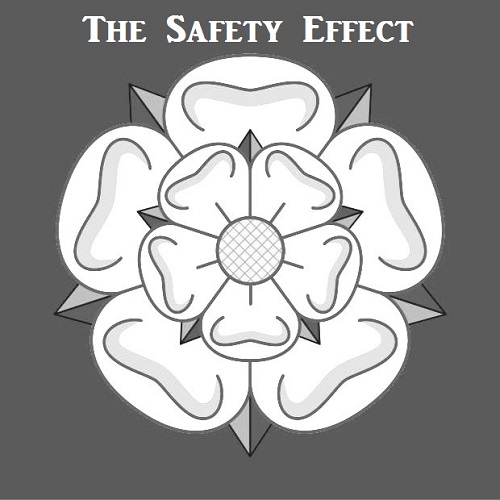In the last month we have been assisting a number of companies in the London area with ergonomic workstation assessments. As is usual we are generally asked to help once an employee has developed a health problem; to assist with how to overcome this.
What was apparent was that in some instances we are being asked to revisit persons we have seen 12-18 months prior to the latest visit. Going through these re-assessments it was clear that in most instances some of the fundamental changes previously suggested had not been acted upon. These changes were not necessarily about changing equipment but were more often about work patterns and employees building in sufficient breaks from the workstation.
So why is it that once we know we are doing something that may lead to further health problems, we still take no action? It seems that some people perhaps believe that if they get an assessment and some changes in equipment this will alleviate the problem; and fail to recognise how much they contribute to the problem (even when this is pointed out to them). Maybe it’s because the risks of sitting on our bum and using a keyboard and mouse are hard to comprehend. However, we know that where injuries turn into a RSI type condition, these almost always start with a minor ache.
The problem develops from a small discomfort which is often overlooked, which allows the tissue damage to progress into what can become a chronic condition. Frustratingly this can be easily avoided through small changes to workstations and the working practices of individuals.
Longer-term the problem is that RSI conditions will heal very slowly and respond poorly to injury. The most effective action is often to stop the activity that caused to the condition but this can need an awfully long period of rest.
During our assessments we suggest that the individual has to take some responsibility to build in micro breaks to their work pattern and to ensure they look to seek medical treatment (usually in the form of physiotherapy etc). The key to avoiding long term RSI problems is to ensure the workforce is well educated to the risks and to check that positive changes are implemented.

